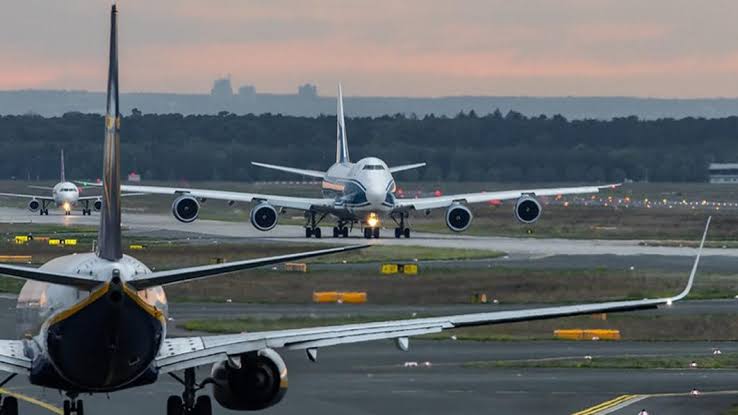Aviation stakeholders have agreed that aviation agencies’ internally generated revenue (IGR) is no longer sufficient to address the myriad of challenges confronting the sector, particularly the cost of aviation infrastructure.
They noted that the attraction of private sector funds, and the adoption of public-private partnership models was needed to tackle ageing airport and air navigation facilities.
This is coming as the Minister of Aviation and Aerospace Development, Mr Festus Keyamo, and other industry experts canvassed innovation funding models, including concession, joint ventures, and setting of a development fund to drive the sustainability of the strategic sector.
They spoke on the sidelines of the South West Regional Air Transport Summit (SWRATS), organised by the Nigeria Civil Aviation Authority (NCAA) at the weekend.
Keyamo, who was represented by the Managing Director of the Federal Airports Authority of Nigeria (FAAN), Mrs Olubunmi Kuku, said for the sector to improve there was an urgent need to enhance capacity through a strategic partnership of private sector players.
She said there was a need to review the funding models to pave the way for concession, joint ventures and other interventions that will boost private sector investment. Kuku called for a rethinking of strategies to birth the implementation of a roadmap to drive growth for the industry.
Acting Director General of NCAA, Captain Chris Najomo, said the summit with the theme, “Repositioning the Nigerian Aviation Industry for Financial Capacity and Economic Viability: An Inclusive Regulatory Dialogue”, was put together to address service deficiencies and poor passenger experiences stemming from inadequate funding.
He said current efforts by Keyamo to engage aircraft manufacturers and aircraft leasing companies had engendered more confidence in Nigerian operators.
Represented by the Director of Airspace and Aerodrome standards, Godwin Balang, Najomo acknowledged that the Nigerian economy was facing significant macroeconomic and developmental challenges, but that they are surmountable through implementing innovative approaches.
“No doubt, a sustainable regulatory framework built on collective engagement and strategic collaboration is critical to achieving operational excellence, enhanced productivity, and sector growth without compromising safety standards.
“With the support of this minister, we at NCAA are committed to rebranding, reinventing, and rejuvenating the Nigerian aviation sector for international competitiveness, sustainable growth and development,” he said Also speaking, the Chairman, of the Senate Committee on Aviation, Abdulfatai Buhari, said the upper legislative chamber was working on a bill that will mandate Nigerian airlines to have between four to five aircraft before they can start operations. Buhari said the proposed bill was one way to address capacity issues leading to incessant delays and perennial flight cancellations.
Although the regulatory authority had in July 2023, unveiled its policy stating that from January 2025, the minimum aircraft fleet of any airline providing scheduled such service in Nigeria would be six aircraft, as against the minimum of three aircraft, which has been the policy over the years, Buhari said despite stakeholders’ opposition, such bill is the way to go.
The NCAA policy also insisted that the maximum number of aircraft that must be airworthy out of that six aircraft should be four. This means that an airline is expected to ground its operations if it has less than four airworthy aircraft.








